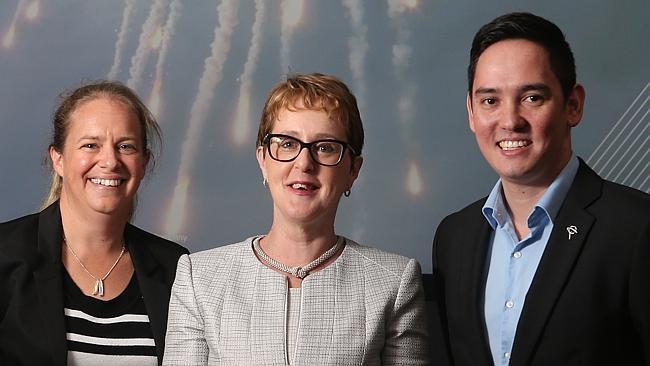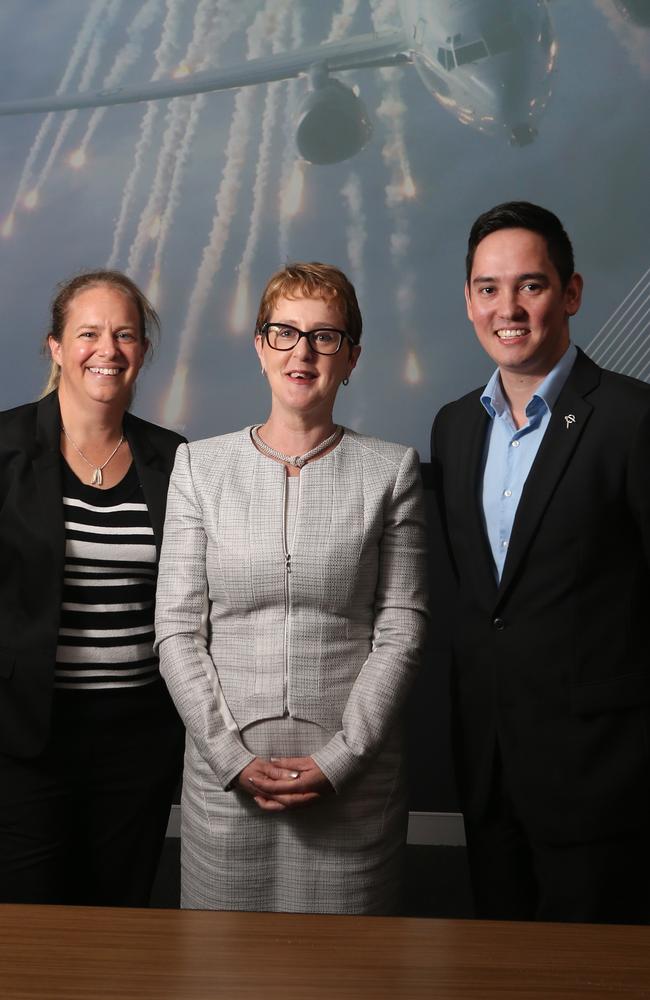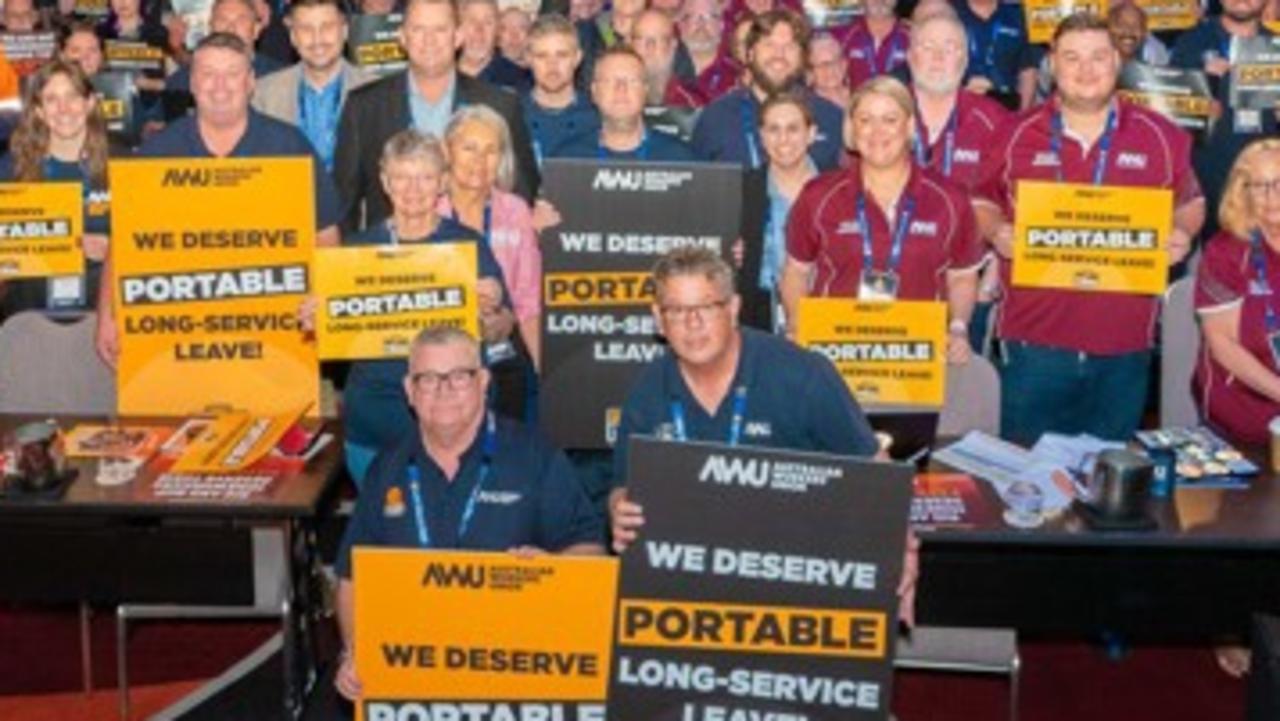Engineers needed to meet demand of Boeing’s new defence contracts
A GROWING aerospace industry in Asia means demand for engineers is only going to increase. But experts say there is not enough students to fill the void.

Careers
Don't miss out on the headlines from Careers. Followed categories will be added to My News.
BOEING is on a hiring spree with its sights set on engineers. This year, the aerospace company plans to create 220 new roles – including 197 for engineers – having won two major defence contracts in recent years.
Boeing Defence Australia (BDA) human resources director Melissa Davidson says it will have 1750 employees by the end of 2016, and is expected to build to more than 2000 workers during 2017.
One contract that is encouraging recruitment growth is the Land 2072 Phase 2B system – a battlespace communications network.
BDA systems engineer Alexander Bowen-Rotsaert says the system, currently in development, will provide the Australian Defence Force with secure wideband voice, data and video services between deployed forces in the field and their counterparts back at headquarters, both overseas and in Australia.

“We’re delivering a technologically advanced system that’s interoperable, scalable and able to evolve and grow with Australia’s modern army,” he says.
Another project behind Boeing’s recruitment drive is a training system for helicopter pilots that requires BDA to not only supply aircraft and training devices, but also the training itself and all support, instructors and maintenance.
“It’s a big contract and if we get it right it could be a big contract for years to come,” Boeing chief engineer Kathryn Burr says.
Despite the job growth in engineering, future skills shortages are predicted in STEM (science, technology, engineering, maths) areas.
11 habits of successful jobseekers
The secret life of a personal concierge
Davidson says not enough school students are choosing to study STEM subjects.
“That’s of great concern that we don’t have the kids going into those subjects when that is going to be what employers – from Australia and other countries – are looking for,” she says.
A 2014 report published in Teaching Science: The Journal of the Australian Science Teachers Association finds the portion of students studying physics, chemistry and advanced maths is declining steadily.
Physics students dropped from 21 per cent in 1992 to 14 per cent in 2012.
In the same period, chemistry dropped from 23 per cent to 18 per cent and advanced maths dropped from 16 per cent to nine per cent.
Burr says a growing aerospace industry in South East Asia, India and China means demand for commercial and defence aircraft, and therefore systems engineers, is only going to increase – and it is therefore important both men and women consider careers in engineering.
Burr is Boeing Defence Australia’s first female chief engineer but is unlikely to be the last.
The company is so committed to gender diversity in the traditionally male-dominated industry that this year it is aiming for at least 30 per cent of its new engineering hires to be women.
Burr says the best way to encourage females to enrol in engineering at university is for them to see maths and science as a viable subjects while they are at school.

“Last year I put out an ad for a structural mechanical engineer and I was excited about seeing the pool of candidates (but there was) not a single female applicant in that pool of about 60,” she says.
“That wasn’t even filtered, just the raw people applying.
“That, for me, is disappointing. If you’re not attractive as a career to 50 per cent of the population then that’s a huge talent pool you are missing out on.”
Bowen-Rotsaert says most systems engineers have a background in electrical, electronic, mechatronic or software engineering and Boeing looks for people who are interested, curious, and always wanting to both learn and lead.
Department of Employment projections forecast an extra 1800 electronics engineers and 1600 electrical engineers will be needed across Australia in the five years to November, 2019.
Read more employment news in the CareerOne section of Saturday’s News Corp Australia metropolitan newspapers.
Originally published as Engineers needed to meet demand of Boeing’s new defence contracts


